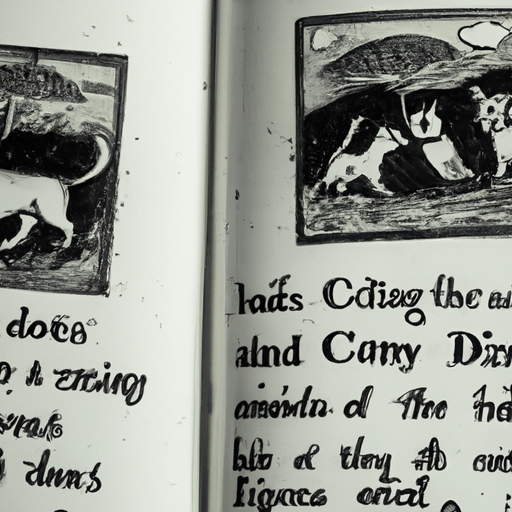Introduction
You’ve probably heard the saying “it’s raining cats and dogs” a fair few times in your life. It’s a phrase used to describe heavy rain. But have you ever stopped to consider where this peculiar phrase originated? Like you, many people are intrigued by the evolution of such quirky expressions. Let’s take a journey into the past to uncover the origins of this fascinating phrase.
A Glimpse into History
The phrase “raining cats and dogs” first appeared in print in 1651 in Richard Brome’s comedy, “The City Wit.” However, its use may have been prevalent in oral communication long before it was documented.
Here is a timeline of the phrase’s usage:
| Year | Usage |
|---|---|
| 1651 | First appeared in Richard Brome’s “The City Wit” |
| 1653 | Used in another play, “The Storm” by William Somerville |
| 1738 | Jonathan Swift’s “A Complete Collection of Polite and Ingenious Conversation” used the phrase |
Theories Behind the Phrase
Several theories have been proposed explaining the origin of “raining cats and dogs.” Each theory provides an interesting glimpse into past cultures and practices.
-
Witchcraft and Superstition:
In medieval times, cats and dogs were associated with weather changes and witchcraft. Cats were believed to have magical powers that could influence the weather, while dogs were associated with Odin, the Norse god of storms. -
The Great Plague:
Another theory links the phrase to the Great Plague of London in 1665. The disease decimated the population of stray cats and dogs. The heavy rains during this period may have washed the dead animals onto the streets, creating the gruesome sight of “raining cats and dogs.” -
Architectural structure:
The final theory relates to the architecture of 17th-century England. Houses had thatched roofs where stray cats and dogs often hid. During heavy rain, the animals would be washed out, making it seem as if it were “raining cats and dogs.”
How the Phrase Has Persevered
Despite its obscure origin, the phrase “raining cats and dogs” has stood the test of time. This could be due to its vivid imagery, rhythmic sound, and the human tendency to enjoy absurd expressions. It’s a testament to the English language’s flexibility and resilience.
FAQs
Q: When was the first recorded use of “raining cats and dogs?”
A: The first recorded use was in 1651 in Richard Brome’s comedy, “The City Wit.”
Q: Are there similar phrases in other languages?
A: Yes, many languages have their own versions of the phrase. For example, in French, it’s “Il pleut comme vache qui pisse,” which translates to “it’s raining like a peeing cow.”
Q: Why has the phrase “raining cats and dogs” persisted?
A: The phrase has likely persisted due to its vivid imagery and rhythmic sound, along with the human tendency to enjoy absurd expressions.
Q: Is there a definitive origin of the phrase “raining cats and dogs”?
A: There is no definitive origin. Several theories exist, ranging from links to witchcraft and superstition to the Great Plague of London in 1665 and the architectural structures of the time.



